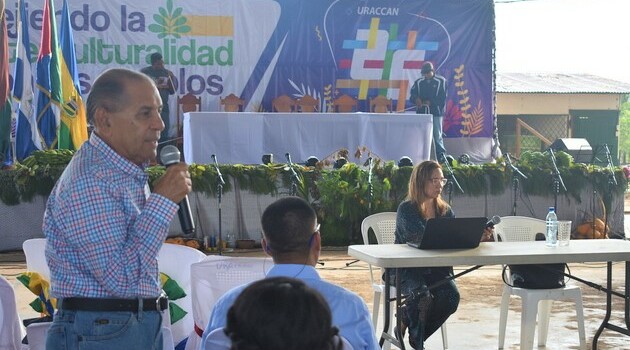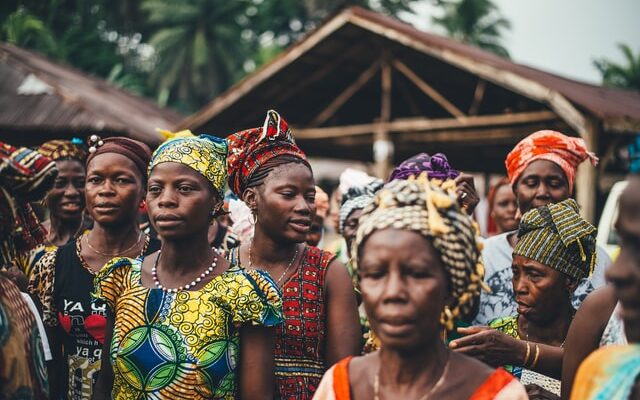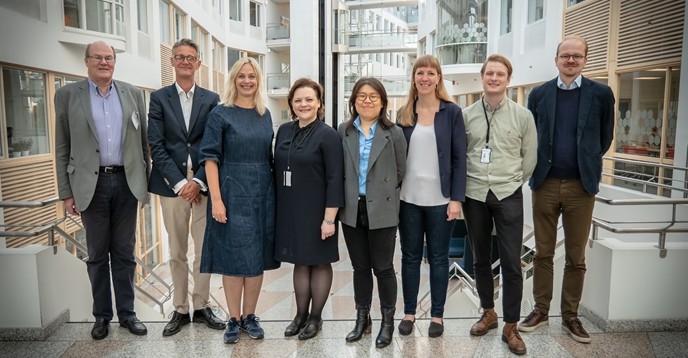More than 150 enrolled in the course “Leaders for inclusion: strategies for the design and evaluation of inclusive policies”

The UNESCO International Institute for Higher Education in Latin America and the Caribbean (IESALC) announces the launch of the course “Leaders for Inclusion: Strategies for the design and evaluation of inclusive policies”, designed to support Higher Education Institutions (HEIs) in the creation of inclusion plans that promote diversity as a strategic asset. With more than 150 participants from different countries, the course seeks to provide participants with effective tools to design and implement inclusive policies and programs. This course is part of Inclusion 360°: Redefining Higher Education, a new program aimed at promoting inclusion in higher education in Latin America and the Caribbean.
Participants represent institutions from Honduras, Paraguay, Venezuela, Colombia, Spain, Bolivia, Argentina, Chile, Ecuador and Costa Rica, giving the course a multinational character and a diversity of perspectives that will enrich the collective learning process.
The 18-week course has been developed under a participatory and collaborative methodological approach, led by an international team of teachers with extensive experience in the field of inclusive education. This plan will enable institutions not only to embrace diversity, but to foster it as a valuable and strategic resource within their organizational structure and culture, by developing their Institutional Inclusion Plan.
“It is essential that all higher education institutions demonstrate their real commitment to inclusion by integrating an inclusive approach across the board in all their university policies, procedures and regulations. This commitment should not be limited to specific actions, but should permeate every element of their organizational structure, their institutional culture, as well as their policies and practices. Only through this comprehensive vision can a truly inclusive and equitable environment be fostered, where diversity is valued and recognized,” said Cármen Márquez, coordinator of the program.
In addition, the main objective of this course is to create a community of knowledge, where participants can build a space for social and collaborative learning. By sharing experiences and strategies with colleagues from different geographical and cultural contexts, this community is expected to be a catalyst for transformative change within the participating higher education institutions.
The program’s methodology, developed by UNESCO IESALC, seeks to generate a significant impact not only on the leaders who participate, but also on the institutions they represent, promoting a vision of higher education where inclusion is seen as a key factor for academic and social success.
“With this course we seek to transform the vision of the institutions, promoting inclusion not only as an ethical imperative, but as a fundamental strategy to improve the quality, equity and relevance of higher education,” said Yuma Inzolia director of capacity building.
This course is part of UNESCO IESALC’s ongoing efforts to promote more inclusive, equitable and quality higher education throughout the region, aligned with the Sustainable Development Goals, as reflected in the Inclusion 360 Program.
RELATED ITEMS







